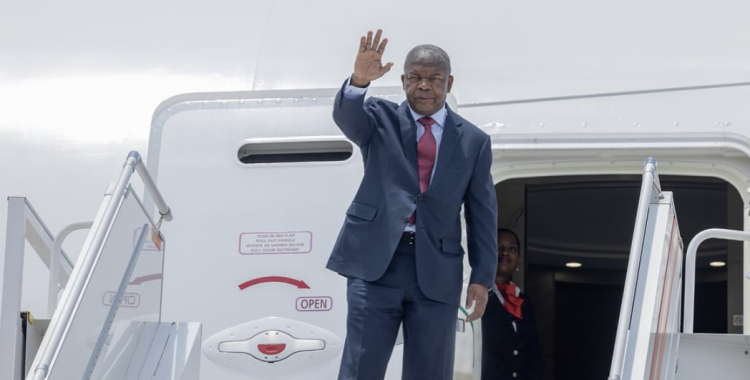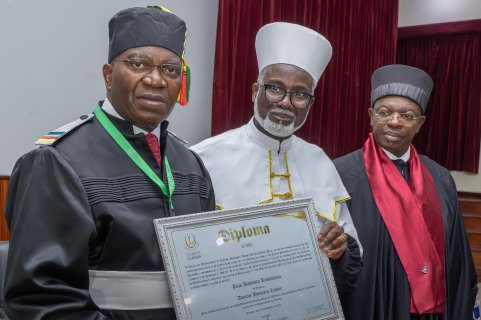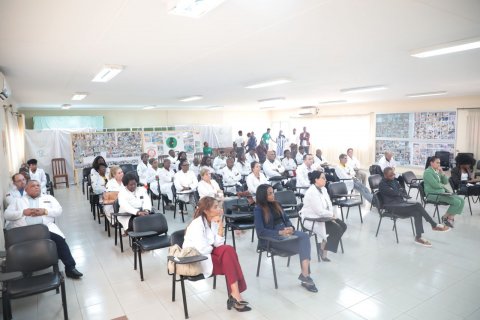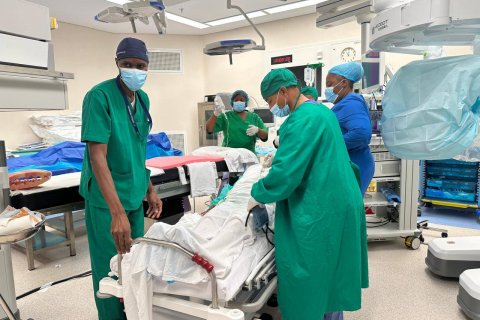According to Luís Fernando, secretary of the President of the Republic for Institutional Communication and the Press, this Wednesday's agenda includes a meeting with the provincial government, with a view to examining the state of the province.
João Lourenço arrives in Cuito, capital of Bié, this Wednesday afternoon and will immediately lead "a meeting with the provincial government for a global assessment of the state of the territory, of the projects it has underway, whether within the scope of PIIM (Integrated Intervention Program in Municipalities), whether initiatives of any other nature, but which impact the lives of the population, their well-being, basically all the projects that contribute to the development of that province".
On the second day, the President of the Republic's agenda will be more related to the agricultural sector.
"On Thursday, the following day, President João Lourenço will get in touch with large-scale agricultural production, visiting a large wheat farm and, symbolically, witnessing the beginning of the cereal harvest this season", pointed out Luís Fernando.
"Several other moments linked to production that develops with vigorous initiatives from citizens and companies in that part of the country will also be the target of the President of the Republic's attention", he pointed out.
This trip by the President of the Republic "will be another chapter in the open presidency format, a way of attacking challenges and constraints, directly, wherever they appear, to make the exercise of governance more agile and more functional", also said Luis Fernando.
According to Angop, João Lourenço's working day also includes the symbolic delivery of agricultural equipment to the provincial government, as well as the planting of trees, among other moments.
João Lourenço's return to the capital is scheduled for Thursday.
Regarding João Lourenço's visit to Bié, the provincial governor, Pereira Alfredo, highlighted that it will serve to present social and economic issues, adding that the occasion will be used to publicize the challenges facing the provincial government in order to solve the population problems.
According to Angop, among the challenges are, for example, the lack of schools, improving access to electricity, drinking water, among others.







